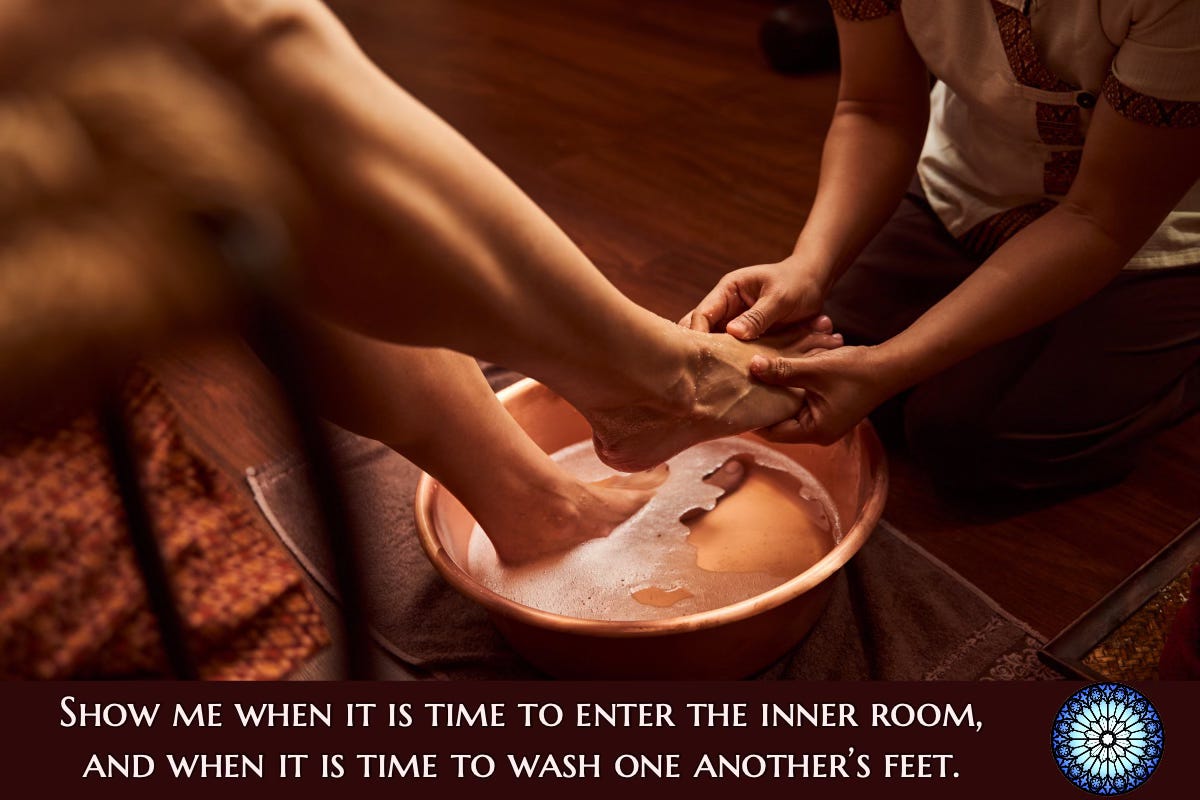A Prayer for Activist Contemplatives (and Contemplative Activists)
Because We Need Both Solitude and Community, Both Stillness and Action.
Sacred Spirit, Holy Mystery, I come to you in silence, stillness, and solitude, knowing that we are never fully alone, never entirely still, never completely quiet. Lead me into solitude so that you may immerse me in communities of peace, justice, and joyful service. Lead me into silence so that you may give me a prophetic voice to speak words of compas…




